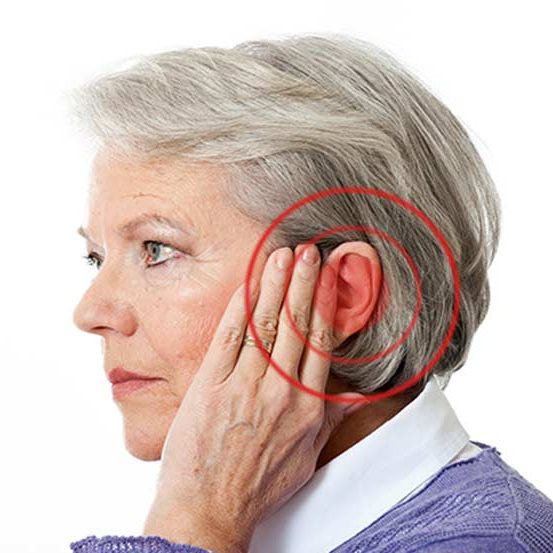To put it simply, the best method to deal with tinnitus is to turn off the sound.
We know that there is currently no FDA-approved medication to cure tinnitus, and
controlled research have revealed that no drug, supplement, or herb is more
beneficial than a placebo.
The next best option to shutting off the sound is to ignore it...
This is called ‘habituation,' and it is the brain's technique of reducing its
reaction to repeated inputs (for example, sounds). Sound habituation is achieved
by devaluing specific noises, such as tinnitus.
The way you perceive a sound is heavily influenced by your associations and
reactions to it. The good news is that the brain can learn to lessen the
importance of noises that were previously perceived negatively.







